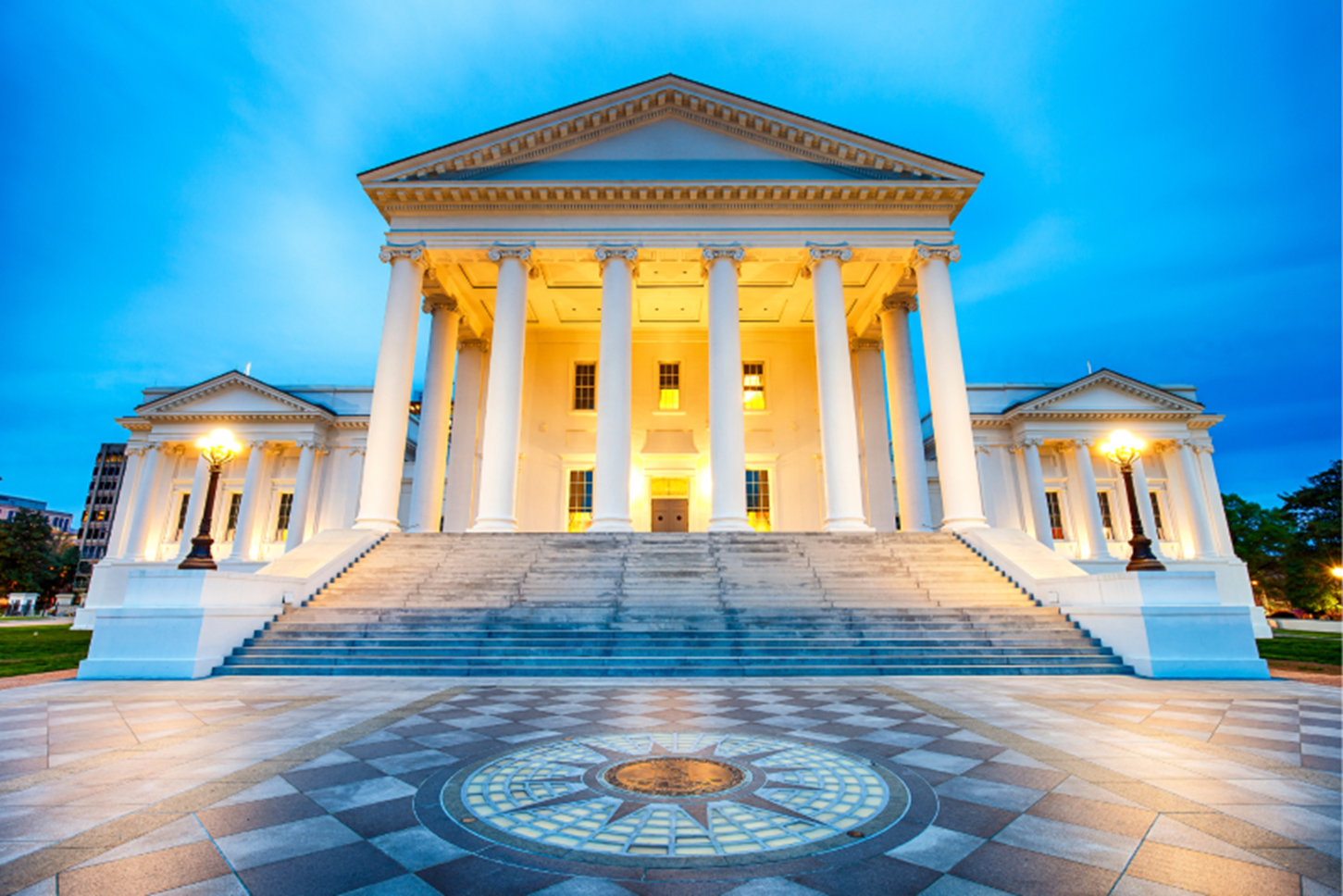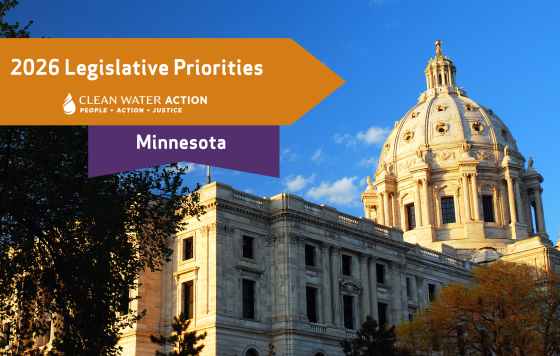
Clean Water Action is working with our allies to successfully help protect the Chesapeake Bay, open space, farmland, and historic sites before state senate and house elections in the fall. In addition to focusing on ensuring green infrastructure funding and reducing plastic pollution, here are some of the organization’s top priorities:
Stormwater Local Assistance Fund (SLAF)
One of the most widespread and rampant sources of pollution in Virginia's tributaries and the Chesapeake Bay is urban and suburban stormwater runoff from hard and impervious surfaces like streets, roofs, and parking lots.
The Stormwater Local Assistance Fund (SLAF) is a state and local matching grant program that helps address pollution from existing sites through capital projects including capital projects
New and retrofit stormwater best management practices (BMPs), stream restoration, low impact development, buffer restoration, and pond and wetland restoration.
The need for SLAF is at least $80M per year, however the General Assembly only provided $25M in Fiscal Year 2023, with no funding allotted for Fiscal Year 2024. Sustained investment is critical to protect clean water and frontline communities, and continue making progress in cleaning up the Chesapeake Bay.
Take Action - Contact your representatives now and tell them to fully fund land and water conservation programs!
Regional Greenhouse Gas Initiative (RGGI)
The Regional Greenhouse Gas Initiative (RGGI) is a joint effort of 11 northeast and mid-Atlantic states that sets a limit on carbon pollution and requires power plants over a certain size to purchase carbon allowances at quarterly auctions. Proceeds of these auctions are then distributed to RGGI member states, who can invest these dollars in energy efficiency programs, rebates for low-income residents, and incentives for renewable energy.
The transition to renewable energy provides massive potential for economic development, green job creation, reduced health consequences and costs from burning fossil fuels, and lower utility bills. Despite the overwhelming support of our Virginians to address climate change, Governor Youngkin continues his misguided push to take Virginia backward.
Clean Water is advocating for Virginia to support the Regional Greenhouse Gas Initiative and defeat Youngkin’s attempt to repeal our state’s participation in the program, which is helping slash power plant pollution while returning upwards of $500 million so far to our state to fund programs that keep communities safe from flooding and cut energy costs.
Take action! Tell Governor Youngkin You Oppose His Attacks On Climate Action!
Reducing Plastic Pollution
Plastic pollution in watersheds remains a substantial unresolved issue. Currently, municipalities are given inadequate tools to control this kind of litter. Virginia has made progress by passing a ban on single-use foam containers, banning intentional balloon releases, and increasing the litter tax.
Unfortunately the 2022 General Assembly delayed the ban on foam plastic by five years, and Virginia’s litter tax is still inadequate, generating 40-80% less revenue than other states. Manufacturers should be responsible for litter clean ups, recycling, and waste disposal should be shifted from taxpayers onto manufacturers.
Clean Water is advocating for a ban on single-use expanded polystyrene by 2024; adjusting the Virginia Litter Tax to be based on volume of sales rather than a flat tax of $20 per business; and producer responsibility programs that incentivize manufacturers to decrease packaging, increase recycled content, and create recyclable, reusable, or biodegradable products.
Polyfluoroalkyl (PFAS)
Per and polyfluoroalkyl (PFAS) substances are found in 97% of human blood samples as a result of contaminated food and drinking water. These “forever chemicals” are extremely persistent in the environment and have been associated with a number of health hazards, including endocrine disruption, development and reproductive toxicity, and immunotoxicity.
Toxic facilities that discharge wastewater are often concentrated in low-income communities and communities of color. Downstream communities, private well-owners, and farmers are unaware of the risk because Virginia does not require polluters to disclose or control these chemicals in their discharges.
Take action and urge legislators to hold polluters responsible to clean up their waste and disclose the release of toxic chemicals


